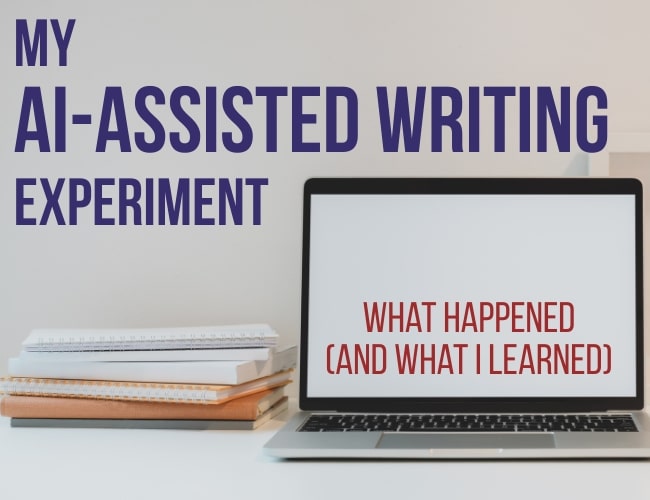
by Jamie Biggs |
There’s a growing divide in the writing world right now. On one side, you have authors excited about experimenting with AI. On the other, you have traditional writers who want nothing to do with it. The conversations can get heated fast, and often it feels like there’s no middle ground.
I wanted to know if there was room for compromise. Could AI help with speed while I protected the heart of the story? Could it serve as a tool instead of a replacement?
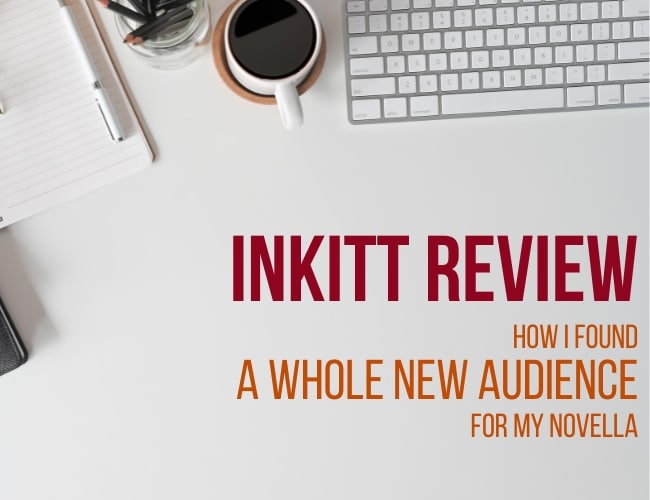
by Jamie Biggs |
Inkitt allows authors to publish stories for free on their site, and if your story connects, it can get picked up by Galatea—Inkitt’s reader app with a much wider (and more mobile-first) audience. Galatea adapts stories into serialized episodes with sound effects, pacing adjustments, and artwork, then promotes them on the app. That’s what happened with my short story, and it’s still wild to see it playing out on a professional platform like that.
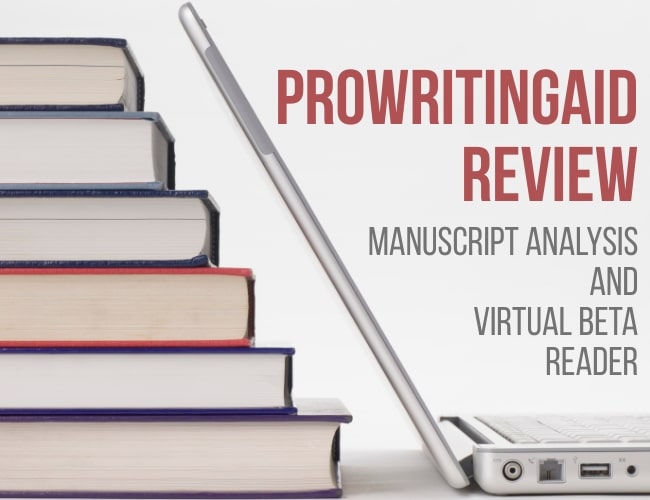
by Elizabeth Nettleton |
ProWritingAid has always been a great tool for catching my spelling and grammar mistakes, but I was curious: could it handle bigger-picture problems like plot holes and character inconsistencies? And if so, how accurate would it be? I tested both features on the first draft of my novel, and here are my honest thoughts.
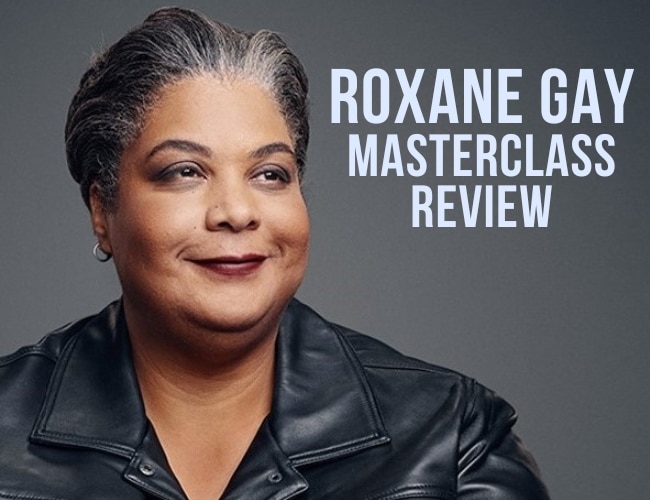
by Elizabeth Nettleton |
Critically acclaimed and bestselling author Roxane Gay teaches a MasterClass on writing for social change. But will this course really help you with your essay or fiction writing? Today, I’m sharing my honest thoughts in this Roxane Gay MasterClass Review, and whether I think this class will benefit writers who wish to write about social change.
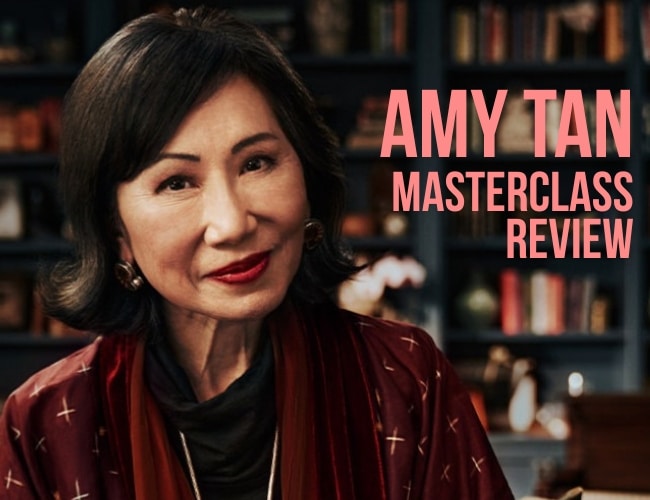
by Elizabeth Nettleton |
“Fiction is actually one of the best ways for finding truth,” Amy Tan says. If you’re looking to uncover the truth in your own writing—and make it even more authentic and emotionally impactful—her MasterClass might be exactly what you need. In this Amy Tan MasterClass Review, I’m sharing my honest thoughts about the course and whether I think it will help you bring your characters and stories to life.
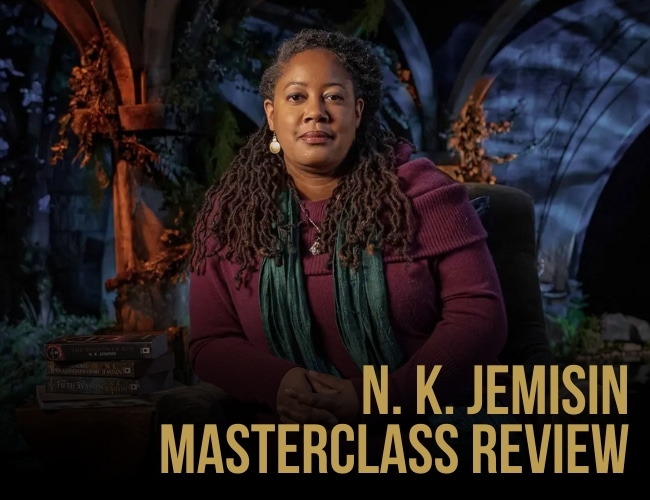
by Elizabeth Nettleton |
Thinking of diving into worldbuilding and character creation with one of the most successful writers in speculative fiction? Here is my unfiltered N.K. Jemisin MasterClass review, where I’ll share what I really thought about the course–and whether I think it will help you with your own science fiction and fantasy writing.









